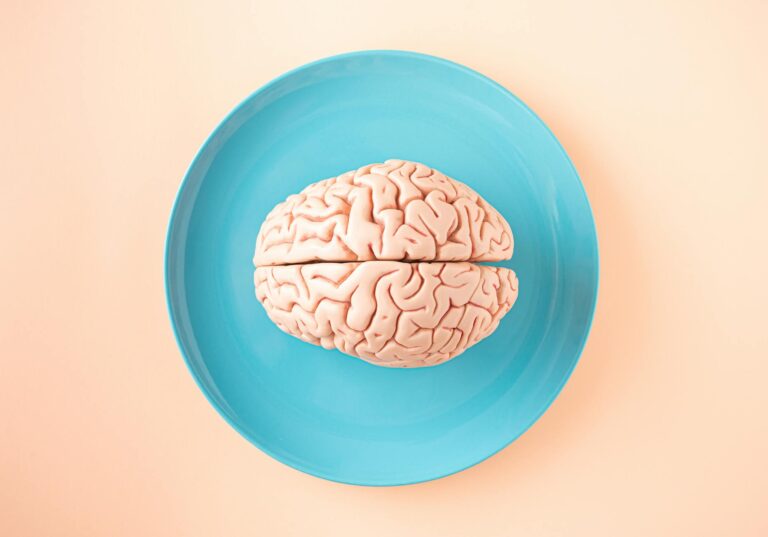In recent years, there have been several high-profile data breaches that have made headlines and raised concerns about our personal information being compromised. From credit card companies to social media platforms, it seems like no organization is safe from cyber attacks. However, one area that may not immediately come to mind when thinking about data breaches is healthcare, specifically the impact of diet and exercise on dementia prevention.
Dementia is a condition that affects the brain and causes a decline in memory, cognitive abilities, and behavior. According to the World Health Organization, there are currently around 50 million people worldwide living with dementia, and this number is expected to triple by 2050. With such a significant and growing population at risk, it’s essential to explore all potential factors that may contribute to the development of this debilitating disease.
One area of research that has gained attention in recent years is the impact of diet and exercise on dementia prevention. While genetics play a role in the development of dementia, lifestyle factors such as diet and exercise may also have a significant influence. In fact, studies have shown that maintaining a healthy diet and engaging in regular physical activity can help lower the risk of developing dementia.
The Link Between Diet and Dementia Prevention
When it comes to diet, it’s essential to understand that what we eat not only affects our physical health but also our mental health. A diet that is high in saturated and trans fats, processed foods, and sugary drinks has been linked to an increased risk of dementia. On the other hand, a diet rich in fruits, vegetables, whole grains, and healthy fats (such as those found in fish and nuts) has been associated with a lower risk of developing dementia.
One study published in the Journal of the American Medical Association (JAMA) found that following a Mediterranean-style diet (rich in fruits, vegetables, whole grains, and healthy fats) was associated with a 40% reduced risk of developing Alzheimer’s disease, the most common form of dementia.
But what is it about a healthy diet that may help prevent dementia? For starters, a diet rich in fruits and vegetables provides our bodies with essential nutrients, vitamins, and antioxidants that help protect our brain cells from damage. These foods also contain anti-inflammatory properties that may help reduce inflammation in the brain, which has been linked to the development of dementia.
Additionally, a healthy diet can also help maintain a healthy weight, which is crucial in reducing the risk of dementia. Obesity has been linked to an increased risk of developing dementia, and a diet high in processed foods and sugar can contribute to weight gain.
The Role of Exercise in Dementia Prevention
In addition to diet, regular physical activity has also been shown to play a significant role in dementia prevention. Studies have found that individuals who engage in regular physical activity have a lower risk of developing dementia compared to those who are sedentary.
Exercise helps improve blood flow to the brain, which can enhance cognitive function and reduce the risk of dementia. It also stimulates the production of chemicals in the brain that can help protect brain cells and promote the growth of new brain cells.
Furthermore, exercise can also help reduce the risk of developing other conditions that have been linked to an increased risk of dementia, such as cardiovascular disease and diabetes. By reducing these risk factors, the likelihood of developing dementia may also decrease.
Combining Diet and Exercise for Maximum Impact
While both diet and exercise have been shown to have positive effects on dementia prevention, combining the two may have an even more significant impact. A study published in the Journal of Alzheimer’s Disease found that individuals who followed a healthy diet and engaged in regular physical activity had a 60% reduced risk of developing dementia compared to those who did not.
This may be because diet and exercise work together to improve overall health and reduce the risk factors associated with dementia. While diet helps provide essential nutrients for brain health, exercise helps improve blood flow and stimulate brain cell growth. Together, they create a powerful combination for dementia prevention.
The Impact of Data Breaches on Dementia Prevention
Now, you may be wondering, what does all of this have to do with data breaches? Well, as more healthcare organizations embrace technology and store patient information electronically, there is a growing concern about the security of this sensitive data.
Data breaches in the healthcare industry can have significant consequences, not just for the organization but also for the individuals whose information has been compromised. In addition to financial fraud, identity theft, and other potential harms, a data breach can also have an impact on healthcare services.
For individuals at risk of developing dementia, their personal health information, including information about their diet and exercise habits, may be exposed in a data breach. This information could potentially be used to target them with fraudulent offers for dietary supplements or other questionable products that claim to prevent or cure dementia. These misleading and sometimes harmful products can cause confusion and uncertainty for individuals seeking legitimate ways to prevent dementia.
Furthermore, a data breach could also result in loss of trust in the healthcare system, making individuals less likely to share their personal information or seek medical assistance for early detection and prevention of dementia.
In conclusion, while the impact of diet and exercise on dementia prevention is a crucial area of research, it’s essential to also consider the potential consequences of data breaches in the healthcare industry. By taking steps to protect personal health information and addressing any breaches promptly and effectively, we can help preserve the integrity of important research on dementia prevention and promote a healthier society for all.





